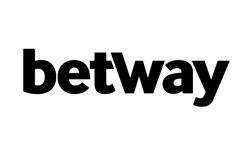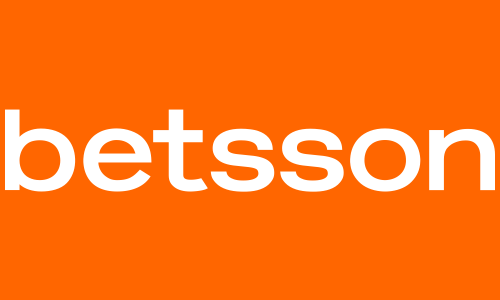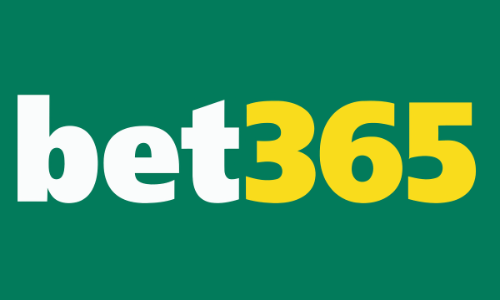The Danish Gambling Authority (DGA) or Spillemyndigheden was established in 2000, becoming an executive branch of the Danish Customs and Tax Administration. Starting with supervising mechanical slot machines, today it grew up into a full-fledged organisation with around 120 employees. The main office is located in Odense, but employees also work from other regions of Denmark, closer to the places where gambling takes place and where they need to conduct inspection visits.
Rating is our overall score based on traffic, trust, site age, and game selection — the higher, the better.
Monthly website visits based on estimated traffic data.
What is GS Rank?
GS Rank is a global popularity score that ranks online casinos based on real-world traffic. The lower the GS Rank, the higher the casino’s popularity.
No casinos match your search.
What Does the Danish Gambling Authority do?
Until 2012 the Danish gambling market was largely monopolised by a state-owned organisation Danske Spil. And the DGA’s mission was to supervise it.
But with online gambling becoming more and more popular, the Danish Government chose to embrace the new ways and liberalised the gambling laws in 2011-2012. So the Danish Gambling Authority got a few more new tasks like licensing and supervising online gambling projects, trying to enter and establish themselves on the Danish gambling market.
Another DGA achievement was the establishment of the Registry of Voluntarily Excluded Players to ease the situation for those struggling to cope with gambling addiction. In 2020 there were around 24000 temporarily or permanently voluntarily excluded persons for a population of 5,8 million, with 3000-4000 adding per year.
According to the Gambling Act of 2012, the DGA is authorised to initiate legal actions against non-licensed gambling projects, resulting in their bans by Internet providers and payment systems. As well as to prevent such projects from being openly advertised in Danish media.
However, this does not mean that Danes are forced to play only in locally-licensed places. The Danish Gambling Authority only steps in when an online casino is specifically targeting the Danish audience without obtaining a license. And by “specifically” they mean:
-
having a page in Danish language
-
offering customer support in Danish
-
offering games interesting almost exclusively for the Danish audience
-
accepting deposits and withdrawals in Danish currency
-
supporting exclusively Danish payment systems
-
advertising in Danish language
-
advertising in Danish internet segment, newspapers, TV and other media
-
executing direct marketing strategies while being aware that the target people are living in Denmark
So far such measures have proven themselves to be sufficient to protect the Danish gambling market. And the DGA estimates that 85-95% of the total service offered are provided by locally licensed companies.
Due to Denmark’s membership in the European Union, in theory the DGA can legally pursue a non-compliant gambling operator based in another EU country. Although this has not been attempted. Yet.
What Protection does the DGA offer to Players?
Due to the relatively small size of the Danish gambling market, casinos that operate in multiple countries usually obtain the Danish license as a secondary one to MGA, UKGC, Gibraltar and others. So if you are gambling from a country outside Denmark, the DGA won’t cover you here.
Things change for those residing in Denmark. The DGA license rules oblige casinos to accept complaints from their players that are residents of Denmark when it comes to disagreement about winnings or how the game is played. The casino has 14 days to deal with complaints and if the term passes, must notify the player who has filed it, about the final term until it will be dealt with.
The rules also require the casino to keep all complaints and decisions made about them for two years. And present them for the DGA as part of the supervision process.
The Danish Gambling Authority requires online access to SAFE — the casino’s data storage where data about all the games must be stored at least for five years. Such storage should be physically based in Denmark. The casino’s database must also be linked with ROFUS — a register of Denmark players who have voluntarily requested exclusion from gambling.
How Does the DGA License Compare to Those of Other Regulatory Authorities?
Denmark is not the most popular place for starting a casino business as you have to pay around 30000 DKK or 40000 EUR just for an application fee as the first step to getting one.
This means that the Danish Gambling Authority does not hesitate with thoroughly vetting every applicant. The application process lasts for up to 6 month and there is no doubt that everything from software, mathematical models and IT infrastructure to the applicant’s past will be exposed before them.
We give the Danish Gambling Authority a 9/10
Can a Casino — Holder of the DGA License be Trusted?
Without a doubt. DGA is certainly not after quantity — there are only around 40 Danish gambling license holders, the large part of them being international gambling or betting companies. So it is easy to keep an eye on all of them.
Since so much hassle and money is needed to obtain the DGA license and it is fairly easy to be fined or even having your license revoked, even this alone discourages casinos from playing dirty with gamblers from Denmark.
You do need a Danish CPR number to log in though, which takes a little time to get (~civil registration number).










